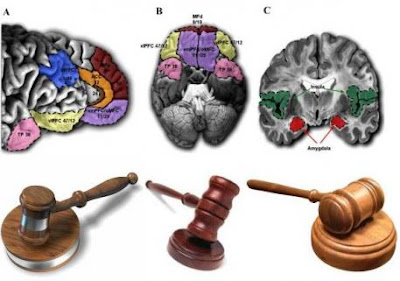Welcome Our Inaugural Neuroethics Scholars!

It is with great pleasure that the Emory Neuroethics Program announces its inaugural neuroethics scholars! The Neuroethics Program invited graduate students to create and to join collaborative, interdepartmental faculty teams at Emory and in the Atlanta community to pursue Neuroethics scholarship. Graduate students were free to propose projects of interest to them. Proposals included innovative ideas in the arena of teaching, empirical research, new media, and beyond. By the completion of their one year appointments, each scholar is expected to co-author a paper and present his/her work. The selection process was quite competitive. Abstracts of their proposed projects can be found below. Cyd Cipolla and Kristina Gupta (Innovative Neuroethics Teaching) Cyd Cippola and Kristina Gupta We both work in the field of feminist science studies, a field that has challenged the gender biases of scientific knowledge. In her dissertation research, Cyd examines the role of religious...






